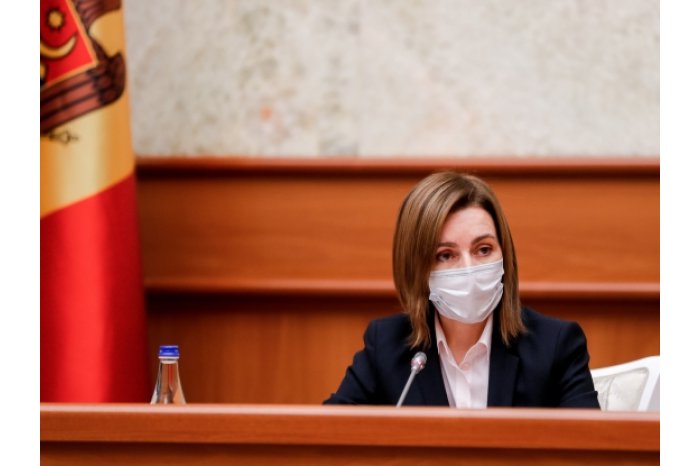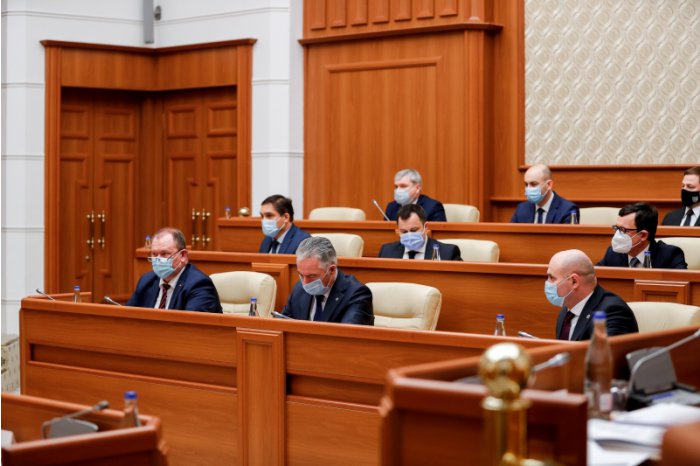Granting to concession of Chisinau Airport, increase in fuels' prices main subjects discussed at meeting of Moldova's Supreme Security Council
22:22 | 26.02.2021 Category: Official
Chisinau, 26 February /MOLDPRES/ - President Maia Sandu today chaired a meeting of the Supreme Security Council (CSS), the participants in which discussed the granting to concession of the Chisinau International Airport and the increase in fuels’ prices, the presidential press service has reported.
Following the discussions on the first subject, which lasted four hours, the head of state informed that she had asked the Public Property Agency (APP) to demand the speeding up of the consideration in court of the cause on the cancellation of the contract on the Airport’s granting to concession. ‘’This is a file of national interest and I asked the Public Property Agency to make an application on speeding up the consideration of this cause in court,’’ Maia Sandu said.
According to the Moldovan president, the participants in the CSS meeting also discussed the monitoring, carried out by state’s institutions, of the investments made in the Airport and the assessments made by APP to this end. Respectively, an inquiry should be made at the level of the government on the way the implementation of the investments plan till 2019 was followed, as namely on the period 2014-2019, there were less reports at APP. ‘’We have suspicions that decision-makers did not want to monitor the way the company holding the granting to concession of the Airport fulfills the contract on granting to concession,’’ Maia Sandu said.
The heads of the National Energy Regulatory Agency and the Competition Council were invited to give explanations for the second subject. ‘’It is clear for everybody that this is an agreed upon actions on behalf of the companies, as well as a proof of lack of action by state’s institutions,’’ the Moldovan president said. In the context, Maia Sandu asked the Competition Council to make use of its legal instruments and intervene immediately in these cases, including through freezing the prices, when the companies’ action is agreed upon and recommended that the parliament, to which the two institutions are subordinated, does not oppose their external evaluation.
photo: presedintie.md


